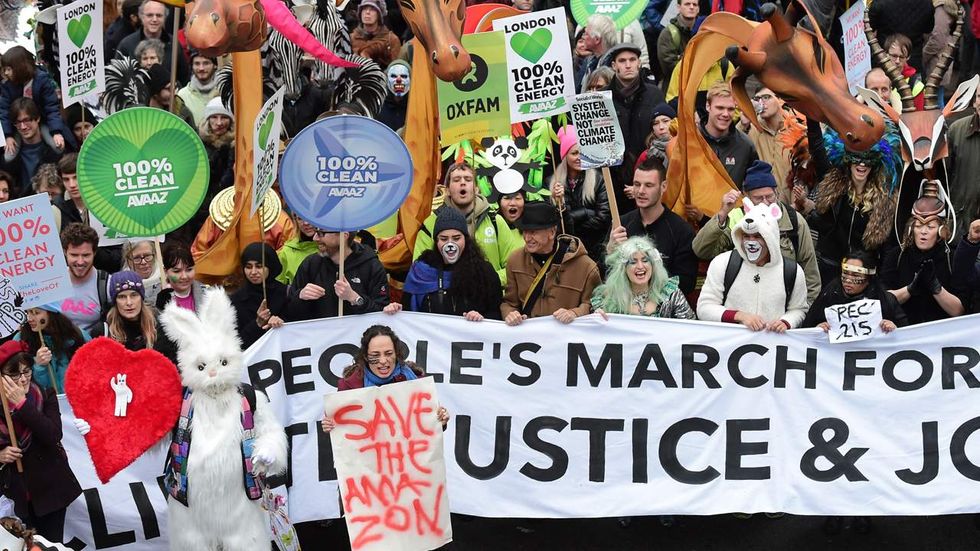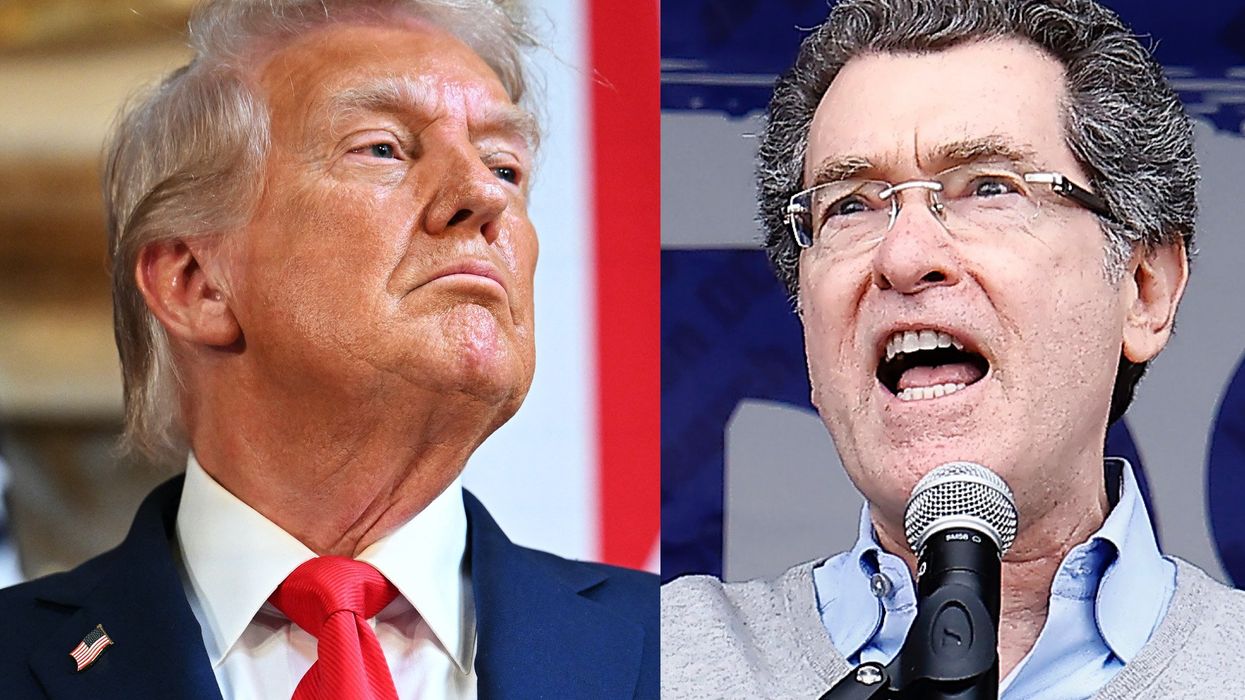Patrick Michaels, a climate expert and director of the Center for the Study of Science at the Cato Institute, says combining the findings of two important studies could reveal “a remarkable hypothesis” about the benefits of increased carbon-dioxide levels and global warming.
In a recent article published on the Cato Institute’s blog, Michaels describes the results of a recent study published in Science, a highly influential journal, that examined global drylands and found global forest cover had been undercounted by “at least 9%” in previous studies.
Michaels then recounts the findings produced by researcher Zaichan Zhu and 31 coauthors in 2016, which revealed—based on “a remarkable analysis of global vegetation change since satellite sensors became operational in the late 1970s”—that the “vast majority of the globe’s vegetated area shows greening, with 25-50% of that area showing a statistically significant change, while only 4% of the vegetated area is significantly browning,” according to Michaels.
As Michaels quotes in his post, the researchers found, “Factorial simulations with multiple global ecosystem models show that CO2 fertilization effects explain 70% of the observed greening trend …”
“And the other greening driver that stood out from the statistical noise was—you guessed it—climate change,” Michaels added to the researchers’ quote.
By combining the two studies’ findings together, Michaels says a “remarkable hypothesis” emerges: “This may lead to a remarkable hypothesis—that one of the reasons the forested regions were undercounted in previous surveys (among other reasons) is that there wasn’t enough vegetation present to meet Bastin’s criterion for ‘forest,’ which is greater than 10% tree cover, and carbon dioxide and global warming changed that.”
Put simply, Michaels is suggesting it’s possible one of the primary reasons forest cover had previously been undercounted is because significant greening linked to carbon-dioxide emissions and higher temperatures has occurred in recent decades. If a direct link could be proven, this would be a very important revelation, because it would add to the mounting evidence that shows the benefits of a warmer global climate outweigh any drawbacks.
Contrary to the arguments often made by climate alarmists, higher temperatures are much less dangerous than global cooling would be, and climate scientists cannot guarantee that global cooling won’t occur at some point in the relatively near future. In fact, some scientists believe global cooling could be just around the corner.
In 2016, Professor Valentina Zharkova at Northumbria University and a team of researchers found future solar cycles could produce much lower temperatures.
“We will see it from 2020 to 2053, when the three next cycles will be very reduced magnetic field of the sun,” Zharkova said, according to a report by Anthony Watts at Watts Up With That? “Whatever we do to the planet, if everything is done only by the sun, then the temperature should drop similar like it was in the Maunder Minimum. At least in the Northern hemisphere, where this temperature is well protocoled and written. We didn’t have many measurements in the Southern hemisphere, we don’t know what will happen with that, but in the Northern hemisphere, we know it’s very well protocoled. The rivers are frozen. There are winters and no summers, and so on.”
Watts points out “because things are not the same as they were in the 17th century,” it’s not clear whether the cooling will actually occur, but he said, “it will be interesting to see how the terrestrial and the solar influences play out.”






